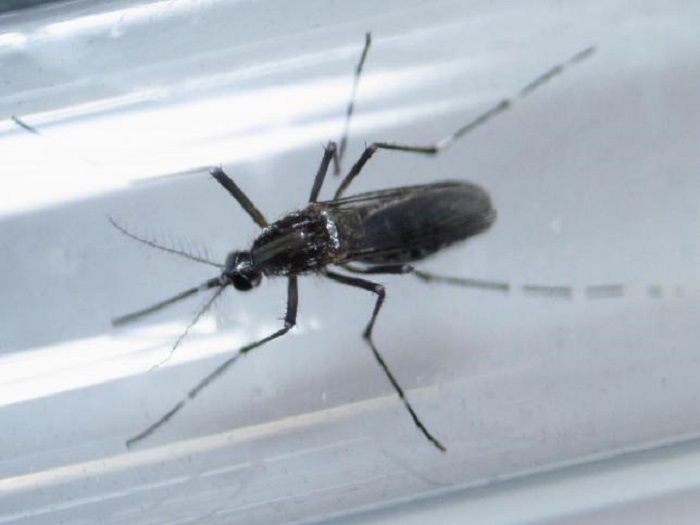Simple urine tests for Zika, Ebola in the offing

"While we are still pretty far from this, this work is a leap in the right direction," he added.
The new method is highly selective, meaning it is only sensitive to one type of virus, filtering out possible false negatives due to other viruses or contaminants.
There are two other commonly used methods for detecting viruses in biological samples, but they have drawbacks -- one requires a much higher concentration of viruses and the other requires samples to be purified to remove contaminants.
The new method, described in the journal Proceedings of the National Academy of Sciences however, can be used with urine straight from a person or animal.
The researchers demonstrated their new technique on a virus that belongs to the same family as the herpes virus, called murine cytomegalovirus (MCMV).
To detect individual viruses, the team places an electrode -- a wire that conducts electricity, in this case, one that is thinner than a human cell -- in a sample of mouse urine.
They then add to the urine some special molecules made up of enzymes and antibodies that naturally stick to the virus of interest.
When all three stick together and then bump into the electrode, there is a spike in electric current that can be easily detected.















































